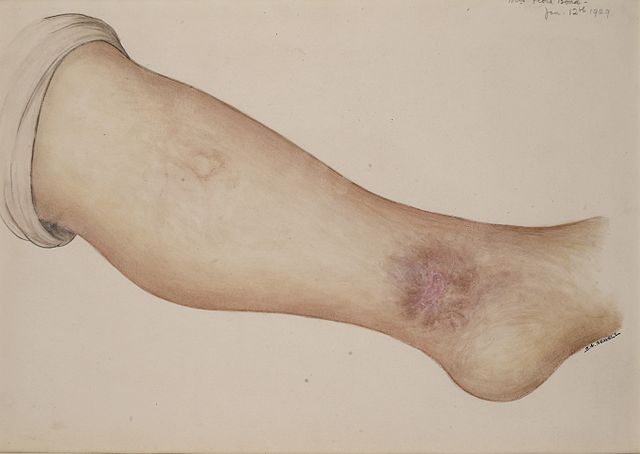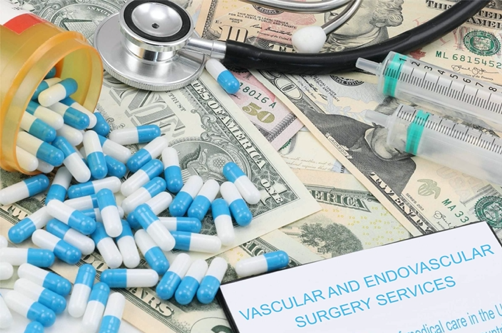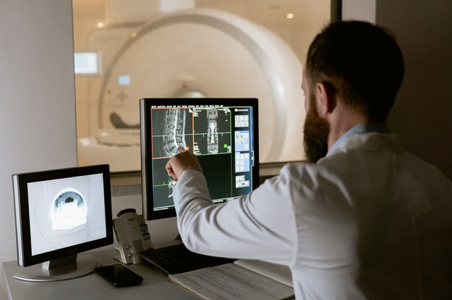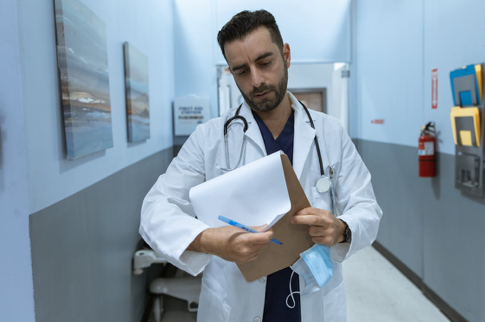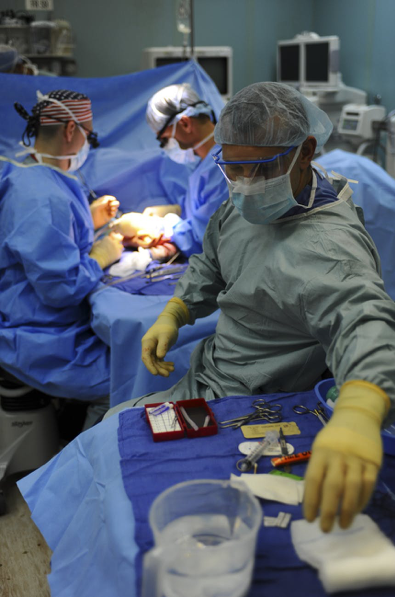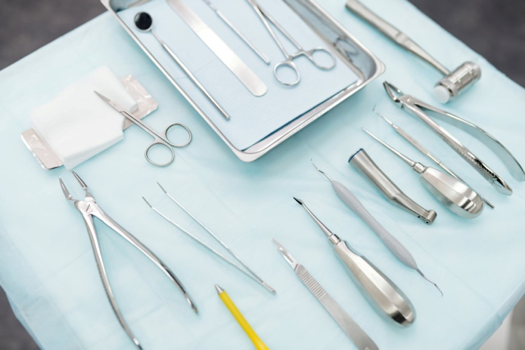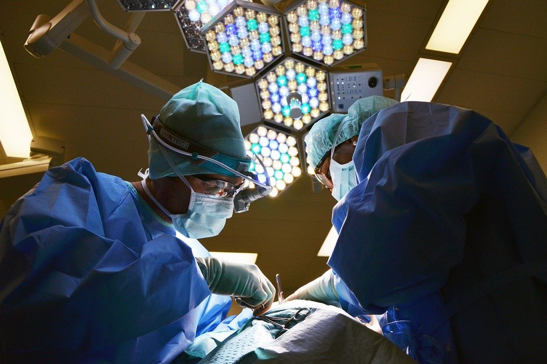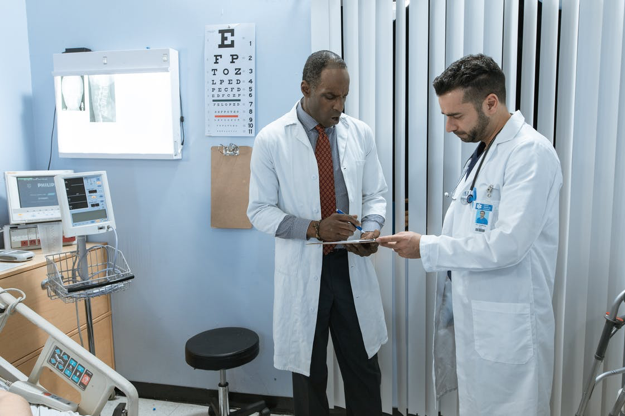What are vascular surgeons and what are the typical procedures performed by them? Vascular diseases relate to the blood vessels in our body that make up the circulatory system responsible for the effective and healthy flow of blood. Diseases affecting veins or arteries that also affect the healthy blood circulation in our body fall under the classification of vascular and/or venous disease.

(Source)
For instance, an obstruction such as the hardening of the arteries can lead to blockages in the blood flow, which can result in serious health problems. Vascular surgeons learn and train in the specialties that deal with vascular and venous diseases. Moreover, your primary healthcare provider might suggest you see a vascular surgeon when they detect a health problem exhibiting symptoms of vascular diseases. They include leg pain due to potential arterial diseases, etc.
Keep in mind that people with unhealthy blood flow in their bodies due to high blood pressure, cholesterol, obesity, diabetes, etc., can also consult vascular specialists.
What are Vascular Surgeons and Their Services?
Vascular surgeons detect, diagnose, treat, and manage vascular and venous diseases in their patients. These diseases pose a grave threat to overall health as they affect the blood flow, which can lead to potential dysfunction of the human body.
They provide treatment and medication for all major and minor arteries and veins (i.e., the blood vessel network) inside the body. They can perform surgeries to help relieve pain in their patients. Other than that, they also specialize in providing the best course of medications and advice to help their patients alleviate and treat the symptoms of vascular diseases.
They may suggest exercise, diet, weight management, medication, and various lifestyle changes. Their procedures involve invasive as well as non-invasive surgeries that are complex yet successful in most cases. However, vascular surgeons don’t treat diseases related to the brain and heart, which require other specialists.
Qualification and Training of Vascular Surgeons
After medical school and successfully completing their medical residency, those who want to be vascular surgeons undergo additional specialized training for five or seven years.
What’s more, they train in both invasive and non-invasive surgeries, including traditional vascular surgeries. They take an exam that allows the board specialists and experts to measure their expertise and knowledge. Finally, they become board-certified to diagnose and treat vascular and venous diseases.
What Do Vascular Surgeons Treat?
Vascular diseases include a long list of conditions and blood vessel disorders that can deteriorate the overall health and lifestyle of patients. However, here are some of those conditions and vascular diseases that vascular surgeons treat using different methods, including surgeries and medication.
A Range of Circulatory Conditions:
- Buerger’s Diseases
- Raynaud’s phenomenon
- Critical Limb Ischaemia
- Abdominal Aortic Aneurysm
- Renovascular Hypertension
- Vascular Malformation
- Carotid Artery Disease
- Peripheral Vascular Disease
- Varicose Veins
- Deep Vein Thrombosis
Other Conditions They Treat:
Ulcers (Leg)
Leg ulcers often require surgical procedures, and vascular surgeons have the training to perform these surgeries. Leg ulcers usually develop infections due to poor blood supply.
Aneurysms
Aneurysms involve the inflammation and the bulging of arteries inside the body, usually around the lower part of the body. Often, these bugled arteries can burst and, therefore, require special treatment and care.
Venous Disease
Venous diseases involve treating abnormal veins (responsible for carrying blood back to the heart) formation and/or function, such as varicose veins. However, vascular surgeons can repair and operate the affected area to remove these bulged veins.
What Procedures Do Vascular Surgeons Perform?
Bypass Operation
A surgical bypass is necessary when irreversible narrowing or blockage occurs to a vein. The procedure involves the attachment of new segments of veins or arteries to the original one (i.e., from other vessels) on either side. Hence, post-procedure, the original vessel literally bypasses any previous blockage around it.
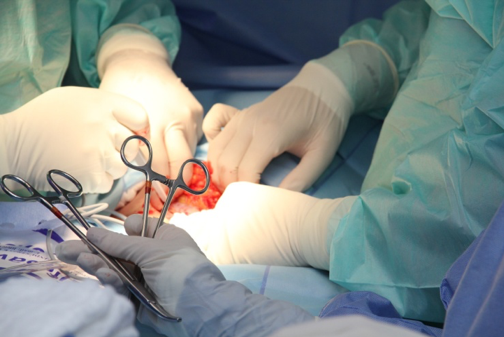
(Source)
Angioplasty
Angioplasty involves inserting a wire into the blocked or narrowed vessel. The wire generally carries a small deflated balloon into the vessel that inflates when the wire reaches the blockage or narrowing point.
Consequently, the narrowed or blocked blood vessel opens up and results in a healthy blood flow post-procedure.
Embolectomy
Embolectomy is a surgical procedure that involves the removal of a blood clot from an artery or a vein.
Stenting
Stenting is similar to angioplasty, except it involves a small cylindrical cage in which the small deflated balloon is present. As the wire passes through the blocked or narrowed blood vessel, the balloon inflates at the maximal narrowing point.
Unlike angioplasty, when the balloon inflates, it also expands the cylindrical cage, which keeping the blood vessel open post-procedure when the vascular surgeon withdraws the fine wire.
When Should You See a Vascular Surgeon?
Most of the time, your primary healthcare provider might be able to use suitable medication and treatment methods to help you with any health condition. However, upon detection and appearance of symptoms of diseases, such as vascular aneurysms, etc., your primary healthcare provider might refer you to a vascular surgeon.
Vascular Surgeons: Conclusion
Only an experienced and expert vascular surgeon can help you effectively manage the symptoms and treat your vascular disease. Consult Dr. Norman Chideckel, at the Vascular Surgery & Vein Center to reduce the chances of permanent disability and damage to your overall health.
Give us a call today at 212-993-6133 to schedule a meeting with our expert. Visit our official website for more info and pay us a personal visit at 161 Madison Avenue Suite 9SE New York, NY 10016.
Reference & Related Links:
https://www.metrohealth.org/vascular-surgery/what-is-a-vascular-surgeon
https://www.rcseng.ac.uk/news-and-events/media-centre/media-background-briefings-and-statistics/vascular-surgery/
https://www.healthgrades.com/right-care/vascular-conditions/vascular-surgeon-your-vein-surgery-specialist
https://www.mayoclinic.org/departments-centers/vascular-and-endovascular-surgery/overview/ovc-20458819
https://www.healthgrades.com/right-care/vascular-conditions/vascular-surgery
https://vascular.org/news-advocacy/why-do-you-need-see-vascular-surgeon
https://www.webmd.com/a-to-z-guides/what-is-vascular-surgeon



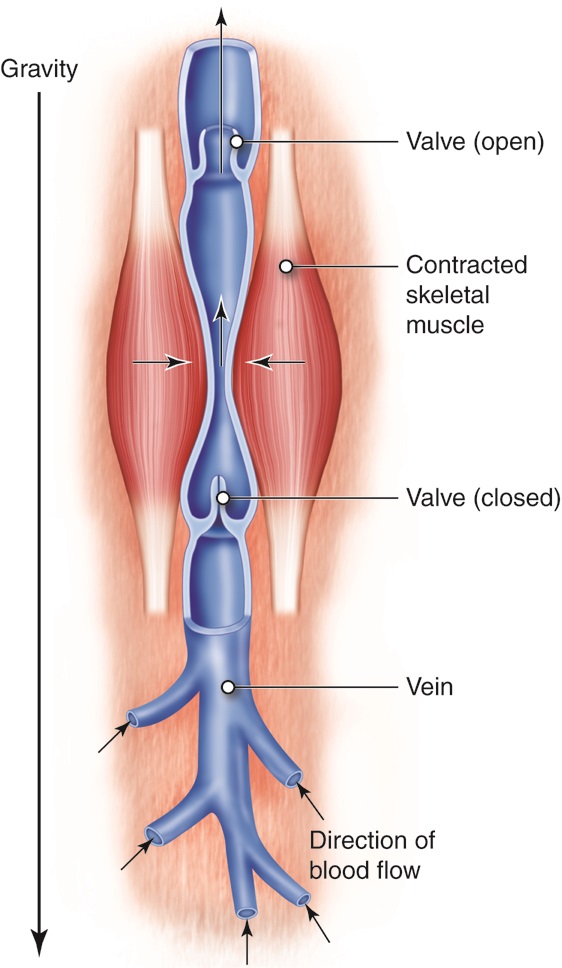 In this blog post, we’ll discuss the signs that you should see a vascular surgeon and when to seek help. Maintaining vascular health is essential for overall well-being, as the vascular system is responsible for transporting blood, oxygen, and nutrients throughout the body. However, certain symptoms and conditions may indicate underlying vascular issues that require professional evaluation and treatment.
In this blog post, we’ll discuss the signs that you should see a vascular surgeon and when to seek help. Maintaining vascular health is essential for overall well-being, as the vascular system is responsible for transporting blood, oxygen, and nutrients throughout the body. However, certain symptoms and conditions may indicate underlying vascular issues that require professional evaluation and treatment.